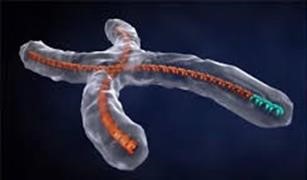
Dr. Jane Roberts featured in TOP NEWS STORIES
Dr. Jane Roberts received over 6 million dollars in funding in 2016 and for this reason, she is currently featured in the USC College of Arts and Sciences Top News Stories. The grants received from the National Institute for Mental Health fund studies which aim to determine the developmental trajectories of disorders such as Autism and Fragile X Syndrome as well as the relation between protective factors and mental health outcomes in early childhood. To read more about these projects, her community engagement and her collaborative efforts with other researchers, you may reference the full article here.









